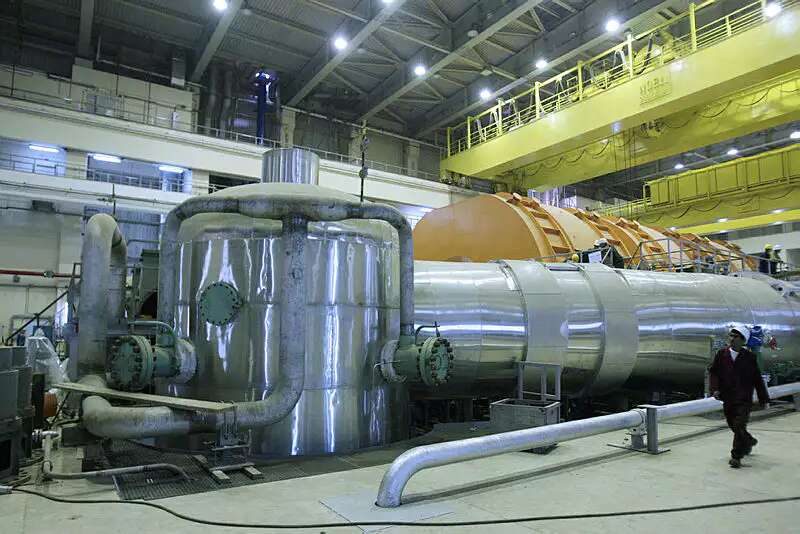A political and security storm erupted in Israel on Thursday following a report in The New York Times revealing that Israel had planned to carry out an attack on Iran as early as next month, with the goal of targeting the Islamic Republic's nuclear facilities.
"It was clear to everyone that preparations for a strike were underway, but this morning's publication is highly unusual," a military source said. Still, he downplayed the significance of the leak: "We are always prepared for everything. This is unrelated to any specific publication. Who had an interest in leaking it? Only the Americans."

The prevailing assessment in Israel is that the publication has caused substantial harm to the diplomatic efforts led by Prime Minister Benjamin Netanyahu, particularly with regard to maintaining international pressure on Iran. "The Israeli political echelon has always kept the military threat as a viable option, and now Trump is essentially making it clear that he's the one in charge," said a defense official, implying that the US administration has sent a message to Jerusalem.
At this stage, it is uncertain whether Israel still possesses any tools to persuade the US administration to support a military option against Iran or to promote a new nuclear agreement that would better serve Israel's interests. This comes after renewed talks between Iran and the United States over the Iranian nuclear program began last week, a development that has triggered serious concern in the Middle East.
One of Israel's chief concerns with the draft agreement currently being discussed by the Americans is the absence of any provision for the complete dismantling of Iran's nuclear program. Now that it appears the US has put the brakes on Israel's plans, the question arises: Can President Donald Trump truly deliver the change that Jerusalem had hoped for?




